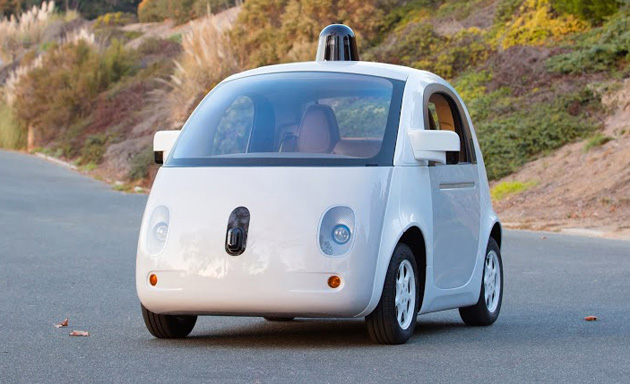There has been a lot of attention focused on the labor issues with Uber’s business model such as: Whether Uber drivers are actually employees or independent contractors? What the level of background checks is necessary for drivers? How should Uber cover the liability insurance of its drivers? Etc…
While these issues matter, it is important to keep in mind they are also very short-term problems. In five to ten years, they will be nonexistent. So it is even possible that by the time some of the labor lawsuits are resolved, the issues will no longer still exist.
For Uber, freelancers using their own vehicles to drive people around is not its ultimate business model -- it is only a temporary stopgap. Uber doesn't want to be a rideshare service but a ride providing service. That means providing rides at the most competitive price possible. To do that, they will need to eliminate the biggest expense: human drivers. According to reporting in Forbes, “[Steve] Jurvetson said Uber CEO Travis Kalanick told him that if Tesla cars are autonomous by 2020, Kalanick wants to buy all 500,000 that are expected to be produced.”
Services like Uber, Lyft, and Sidecar will in the very near future eliminate basically all their human drivers and replace them with a fleet of self-driving cars. These services will be the first adopters of self-driving cars. None of them could afford not to, given how much cheaper self-driving cars will make providing on-demand rides.
According to the Bureau of Labor Statistics, the average wage for taxi drivers/chauffeurs was $22,820 per year in 2012. Of course, while a human driver needs to sleep and eat, a machine can work 24/7 every day of the year. So even if a self-driving system costs $70,000 initially, it would pay for itself in less than two years.
While these current legal issues with employment status and liability matter because they are affecting real people right now, these debates are comparable to discussing working conditions in the buggy whip factories right as the first Model T is being assembled.
The really important labor issue with Uber isn’t how its drivers are currently treated, but how as a society we will respond in a few years when services like Uber help eliminate half a million driver jobs in an extremely short period of time.



